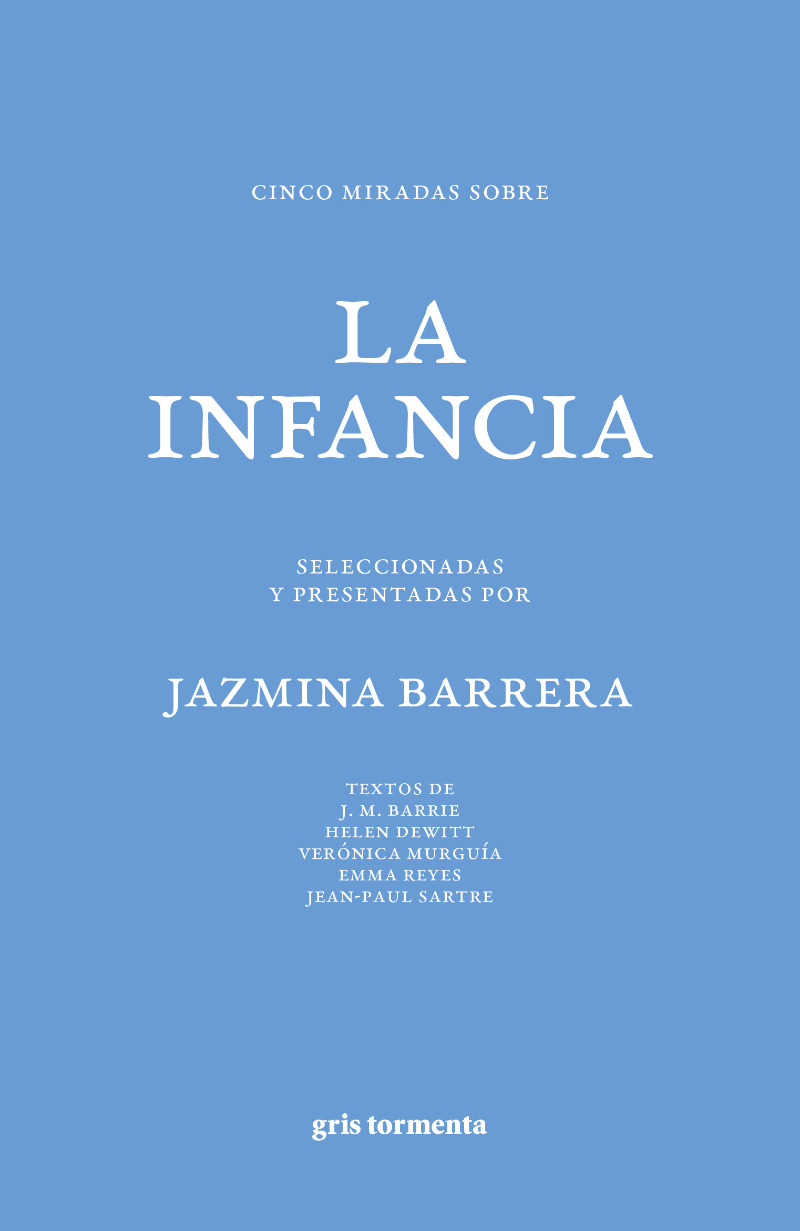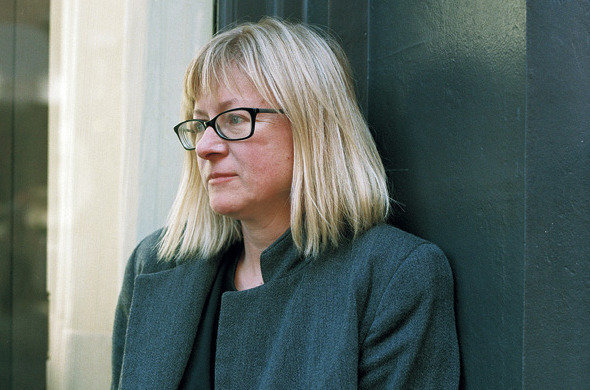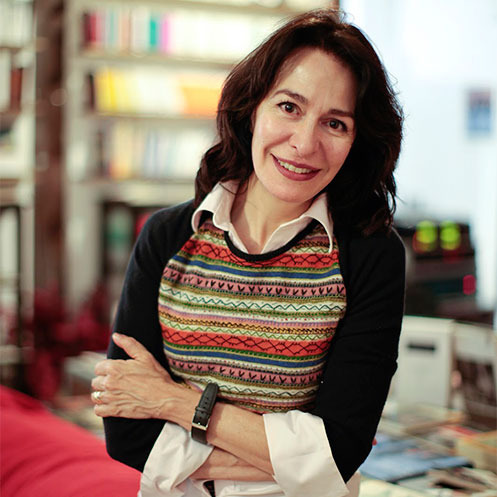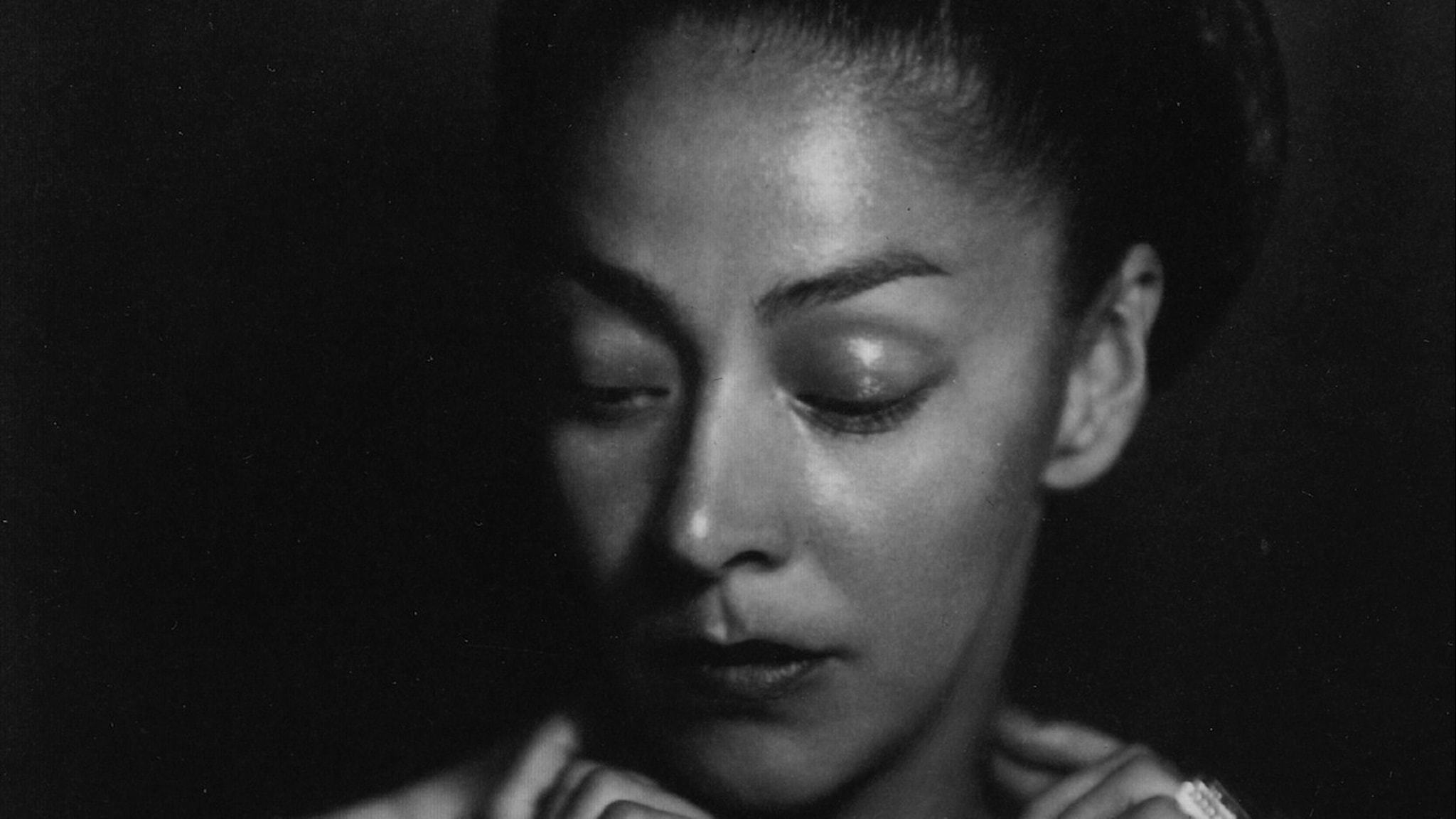
Jazmina Barrera elige las cinco obras o fragmentos que para ella mejor representan la infancia como concepto literario. En la certeza de esa selección aparece un libro que hace evidente el impacto que la literatura y la lectura tienen sobre la formación de su universo personal. Se abre un lugar desde el que podríamos, por un instante, acercarnos a su interior—y a la posibilidad de ver el mundo desde esa perspectiva. Emma Reyes (‘Memoria por correspondencia’, 2012) sostiene un intercambio epistolar revelando a un amigo inquietantes experiencias de su infancia en Colombia; Jean-Paul Sartre (‘Las palabras’, 1963) hace un recuento de sus primeras lecturas y los libros que rondaban en la casa familiar cuando era pequeño; Verónica Murguía (‘Una infancia normal’, 2019) rastrea en sus recuerdos aquellos momentos en los que la literatura comenzó a invadirla; J. M. Barrie (‘Peter y Wendy’, 1911) enfrenta la divertida y fantástica realidad infantil contra la aplastante vida adulta; Helen DeWitt (‘El último samurái’, 2000) narra la rutina de una brillante y amorosa mujer, apasionada por los clásicos, hasta que sorpresivamente un niño irrumpe en el relato. En la colección Miradas, un invitado elige las obras que mejor representan para él un concepto literario. ‘Cinco miradas sobre la infancia’ es el título número 3 en la colección.
Authors

Jean-Paul Charles Aymard Sartre, normally known simply as Jean-Paul Sartre, was a French existentialist philosopher and pioneer, dramatist and screenwriter, novelist and critic. He was a leading figure in 20th century French philosophy. He declined the award of the 1964 Nobel Prize in Literature "for his work which, rich in ideas and filled with the spirit of freedom and the quest for truth, has exerted a far-reaching influence on our age." In the years around the time of his death, however, existentialism declined in French philosophy and was overtaken by structuralism, represented by Levi-Strauss and, one of Sartre's detractors, Michel Foucault.

Helen DeWitt (born 1957 in Takoma Park, Maryland, a suburb of Washington, D.C.) is a novelist. DeWitt grew up primarily in South America (Mexico, Brazil, Colombia and Ecuador), as her parents worked in the United States diplomatic service. After a year at Northfield Mount Hermon School and two short periods at Smith College, DeWitt studied classics at the University of Oxford, first at Lady Margaret Hall, and then at Brasenose College for her D.Phil. DeWitt is best known for her acclaimed debut novel, The Last Samurai. She held a variety of jobs while struggling to finish a book, including a dictionary text tagger, a copytaker, and Dunkin' Donuts employee, she also worked in a laundry service. During this time she reportedly attempted to finish many novels, before finally completing The Last Samurai, her 50th manuscript, in 1998. In 2005 she collaborated with Ingrid Kerma, the London-based painter, writing limit5 for the exhibition Blushing Brides. In 2004, DeWitt went missing from her home in Staten Island. She was found unharmed a few days later at Niagara Falls. DeWitt lives in Berlin where she has recently finished a second novel, Your Name Here, in collaboration with the Australian journalist Ilya Gridneff. DeWitt had met Gridneff in an East London pub shortly before her departure for New York; impressed by the linguistic virtuosity of his e-mails, she suggested a book inspired by Charlie Kaufman's Adaptation, or Being John Malkovich, with Gridneff as Malkovich.

Sir James Matthew Barrie, 1st Baronet, OM was a Scottish author and dramatist, best remembered today as the creator of Peter Pan. The son of a weaver, Barrie studied at the University of Edinburgh. He took up journalism, worked for a Nottingham newspaper, and contributed to various London journals before moving to London in 1885. His early works, Auld Licht Idylls (1889) and A Window in Thrums (1889), contain fictional sketches of Scottish life and are commonly seen as representative of the Kailyard school. The publication of The Little Minister (1891) established his reputation as a novelist. During the next 10 years Barrie continued writing novels, but gradually his interest turned toward the theatre. In London he met the Llewelyn Davies boys who inspired him in writing about a baby boy who has magical adventures in Kensington Gardens (included in The Little White Bird), then to write Peter Pan, or The Boy Who Wouldn't Grow Up, a "fairy play" about this ageless boy and an ordinary girl named Wendy who have adventures in the fantasy setting of Neverland. This play quickly overshadowed his previous work and although he continued to write successfully, it became his best-known work, credited with popularising the name Wendy, which was very uncommon previously. Barrie unofficially adopted the Davies boys following the deaths of their parents. Before his death, he gave the rights to the Peter Pan works to Great Ormond Street Hospital, which continues to benefit from them.

Verónica Murguía nació en México DF en 1960 y estudió Historia en la Universidad Nacional Autónoma de México. Vive y trabaja como escritora, traductora y periodista en el Distrito Federal. Es miembro del Sistema Nacional de Creadores de Arte. Ha publicado una docena de libros para niños, tres novelas: Auliya, El fuego verde y Ladridos y conjuros (dos de las cuales han sido traducidas al alemán) y un libro de cuentos. Este libro, titulado El ángel de Nicolás, ha sido traducido al italiano. Desde 1999 escribe una columna quincenal para el suplemento cultural del periódico La Jornada. En 2013 se alzó con el Premio de Literatura Juvenil Gran Angular por su novela Loba, una historia innnovadora en el género fantástico en la que se recrea un mundo poderoso y original donde los personajes hacen un trayecto vital a través de temas universales
